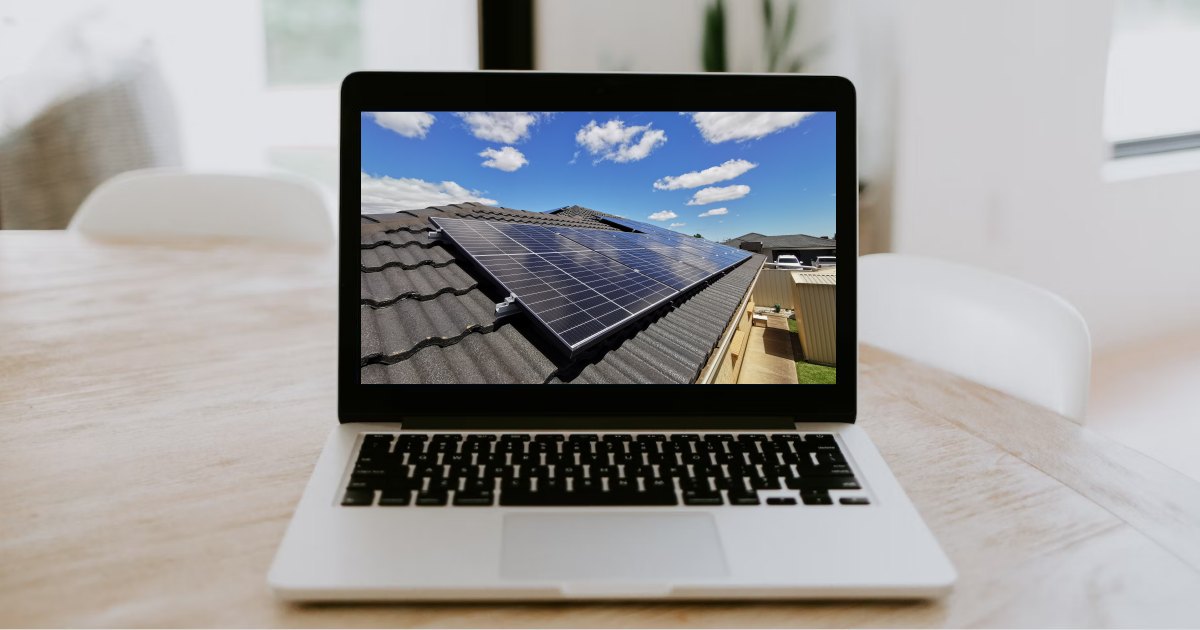
It didn’t take long for news of further electricity bill increases to motivate Australians to get cracking on having solar panels installed.
In case you missed it – and it would have been pretty difficult to – the Australian Energy Regulator, Victorian Essential Services Commission and Queensland Competition Authority announced their draft decisions on electricity pricing for 2023/24 on Wednesday.
The following are the increases proposed from July 1 for typical residential and business customers. Note that in NSW, SE QLD and SA, the proposed increases apply to the Default Market Offer (DMO); and in Victoria to the Victorian Default Offer (VDO). But these set the stage for market offers that will also likely increase.
- NSW: +20.9% to +22.2% (depending on service area) for residential, +14.7% – +19.9% for small business.
- SE QLD: +19.8% residential, +19.4% small business.
- Regional QLD: +28.9% residential, +26.1% small business
- SA: +21.8% residential, +25.4% small business.
- VIC: +~30% residential, +~31% small business.
Households and small businesses in Tasmania, the ACT, WA and the NT may not be off the hook either when their respective regulators sit down to nut things out.
Australians Flock To Solar Power
Here at SQ, we noticed a significant uptick in requests for solar quotes soon after the announcements were made. On Wednesday, requests were up more than 50% on the previous Wednesday, and elevated activity continued yesterday.
It’s little wonder:
“If you own your own roof and it’s not heavily shaded, then solar is probably the most cost-effective way to get your bills down,” says SolarQuotes Founder Finn Peacock.
The typical simple payback period on a good quality 6.6kW solar system installed in a capital city is around 5 – 6 years. But this will vary based on a number of factors including energy consumption profile, as the real value in having a system is maximising solar energy self-consumption.
To get an idea of how much solar panels could save you annually and an estimated simple payback period based on your location and circumstances, try our easy-to-use solar (and battery) calculator.
As for how big a system households should buy, Finn advises:
“For most homes, the minimum you should consider buying is a 6.6kW system,” he says. “If you use a lot of electricity, or you’re likely to add an electric car and/or a battery to your home in the next few years – go larger than 6.6kW.”
Among the larger sizes becoming more popular are 10kW solar systems.
Pre-Purchase Research Crucial
While households and small businesses may have a greater sense of urgency in arranging an installation to beat power price rises, it’s important not to rush a purchase decision. This is a significant investment you’ll be living with for years to come – and that time should be headache-free.
To learn absolutely everything you need to know about going solar and be confident you’re paying the right amount of money for a properly-sized, good quality system installed by competent professionals, read Finn’s popular “Solar 101” buyers guide.

 RSS - Posts
RSS - Posts



I am not certain it will help the overall cost of power for many years. We need many many batteries (BESS PSH), not so much solar. The Lack of Reserve 2 (LOR2) on 16th in NSW and QLD should have been a wake up call. Liddell is meant to close in 32 days !! I hope it is not a cloudy calm late autumn.
I know every energy industry player is out to maximise profit or shift costs. It is the consumer that foots the bill and wishes to minimise costs.
Looking for the ActewAGL Time of Use tariff plans, I mistakenly searched for “actew tou” and Google came back with links to “Screw you.”